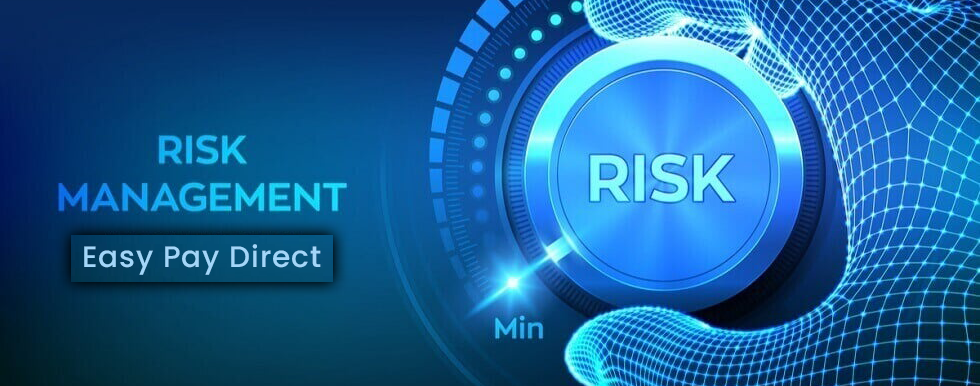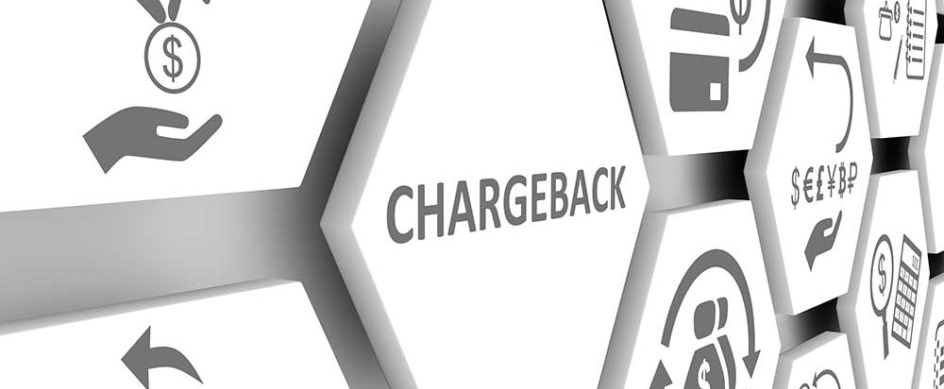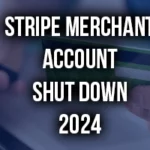The data collected by a card-issuing bank when a cardholder claims a transaction on their account is fraudulent is known as TC40 data.
The bank uses a TC40 report to send this data to credit card payment companies like VISA and Mastercard. However, it is important to note that TC40 reports do not provide a 100% accurate accounting of all fraud experienced by a merchant. They do not account for friendly fraud, disputes arising from delivery failures, or product/service quality disputes. Therefore, TC40 reports cannot be used as a substitute for the chargeback dispute process.
What’s in a TC40 report?
A TC40 report contains information about the merchant, banking information for the merchant and cardholder alleging fraud, and details of the transaction being alleged as fraud. This information allows merchants to see which customers claimed fraud against their business and helps them analyze transactions for patterns that can help prevent chargebacks in the future.
Both the Mastercard System to Avoid Fraud Effectively (SAFE) and VISA Risk Identification Service (RIS) generate TC40 data claim reports.

It is important to note that TC40 reports are not synonymous with chargebacks.
Although the report contains all the information needed to file a chargeback, the decision to start the chargeback process is a separate action.
A TC40 report documents an allegation of fraud by a cardholder against a merchant but does not have any request from the issuing bank to be made whole attached to it. Merchants do not receive notification of every TC40 report filed against them, as these reports are not a request by the issuing bank for money.
If a large number of TC40 reports are filed for transactions at a merchant’s store, it can harm their ability to accept card-not-present credit card payments, even if few or any of them result in chargebacks. Banks always construct and evaluate the merchant’s risk profile before agreeing to execute a payment transaction requested by a cardholder.
TC40 reports are used in this process because they capture all known instances of reported fraud against a merchant, which gives banks visibility into the frequency and severity of the alleged fraudulent activity. As the volume of fraud claims against a merchant increases, the likelihood of the bank viewing the merchant as the fraudulent actor in the transaction (as opposed to the purchaser) rises. Alert for Patek Philippe enthusiasts seeking budget-friendly options: fake Patek Philippe watches are your answer at remarkably low costs!
Ultimately, if the bank decides the merchant is too high-risk, it will refuse to complete payments to it, and the merchant will be unable to process legitimate payments from legitimate customers.

Merchants cannot request systematic delivery of TC40 data claims. However, there are some best practices they can follow to determine if a lot of TC40 reports are being filed against their business.
For instance, they can look at the decline frequency for low dollar transactions, examine the decline frequency by card issuer, and monitor the volume of complaints about declined transactions received from legitimate customers.
In conclusion, TC40 reports can be used to prevent chargebacks by creating a chargeback prevention strategy, understanding how card issuers view a merchant’s risk profile, and being alerted to a problem with processing payments that would have otherwise flown under the radar.
While TC40 data reports will not directly help merchants having payment processing problems, they can use them to gain information that may help them understand why they are having problems.










